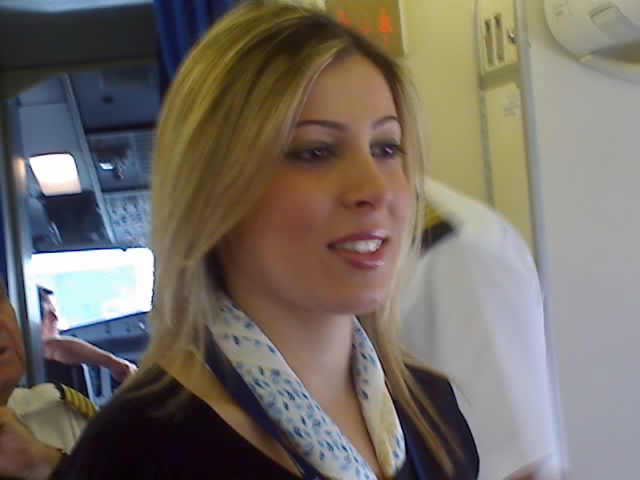By ROBERT F. WORTH BEIRUT, Lebanon — A judge ordered the release of four high-ranking Lebanese security officials on Wednesday, all being held here in connection with the 2005 killing of former Prime Minister Rafik Hariri. The decision was seen here as a blow to the political movement led by Mr. Hariri’s son.
The judge, Daniel Fransen, said there was not enough evidence to keep holding the four men, who have been detained without charge since September 2005 and are widely believed to have had some knowledge of the killing or involvement in it. They were the only suspects in the custody of the international tribunal based in The Hague that was formed under United Nations auspices after Mr. Hariri’s death in a powerful car bombing on Feb. 14, 2005.
The announcement was met with wild volleys of celebratory gunfire from the generals’ supporters in Beirut and in the southern suburb that is the stronghold of Hezbollah, Mr. Hariri’s political adversary.
“Some Lebanese are not relieved by this decision,” said Saad Hariri, the former prime minister’s son, grim-faced during a news conference here after the decision. But he added that he welcomed any decision from the tribunal in The Hague. He also said releasing the generals would disprove recurring accusations that the tribunal was politicized in favor of Mr. Hariri’s allies.


